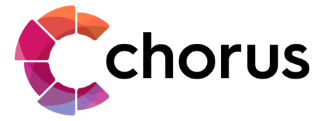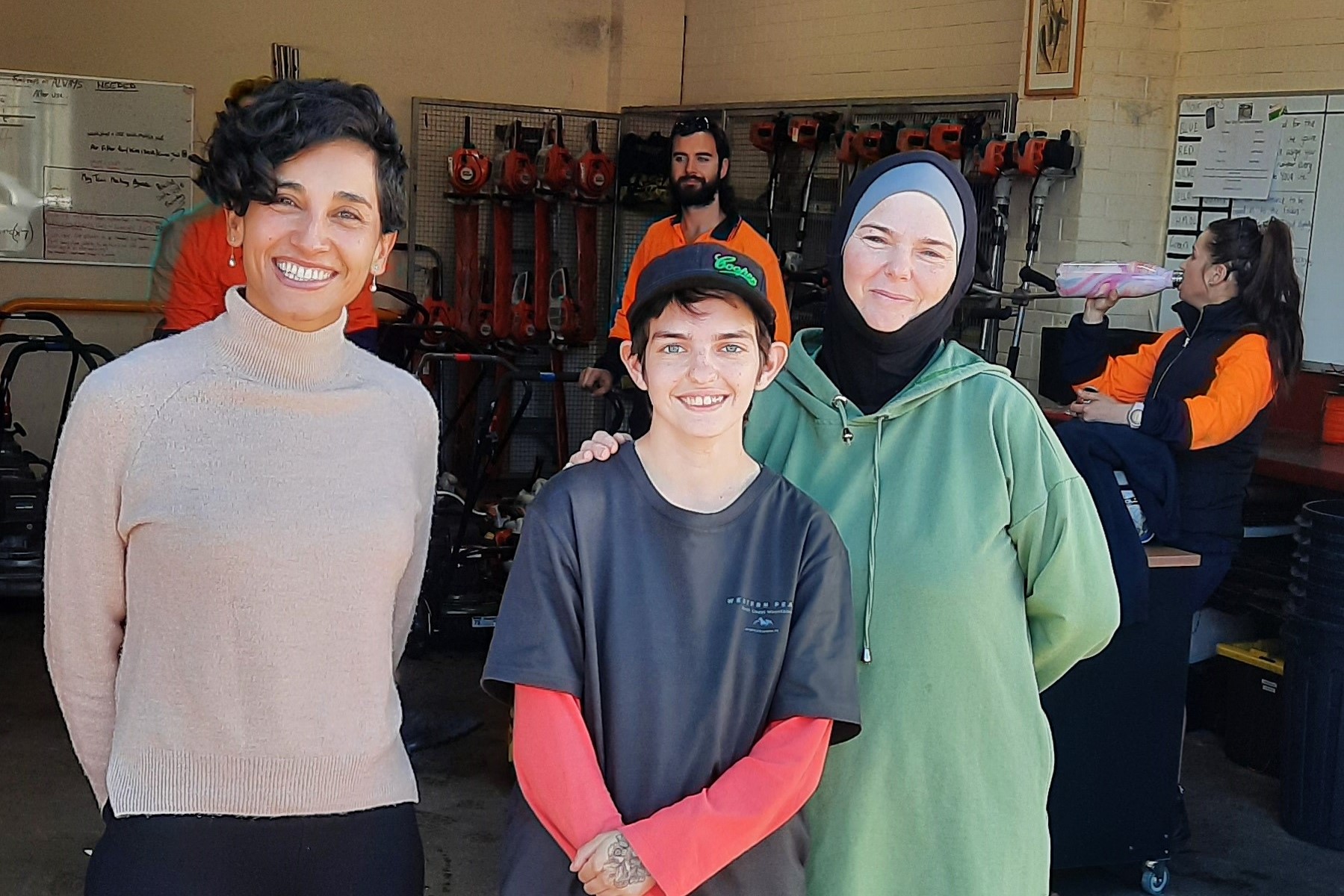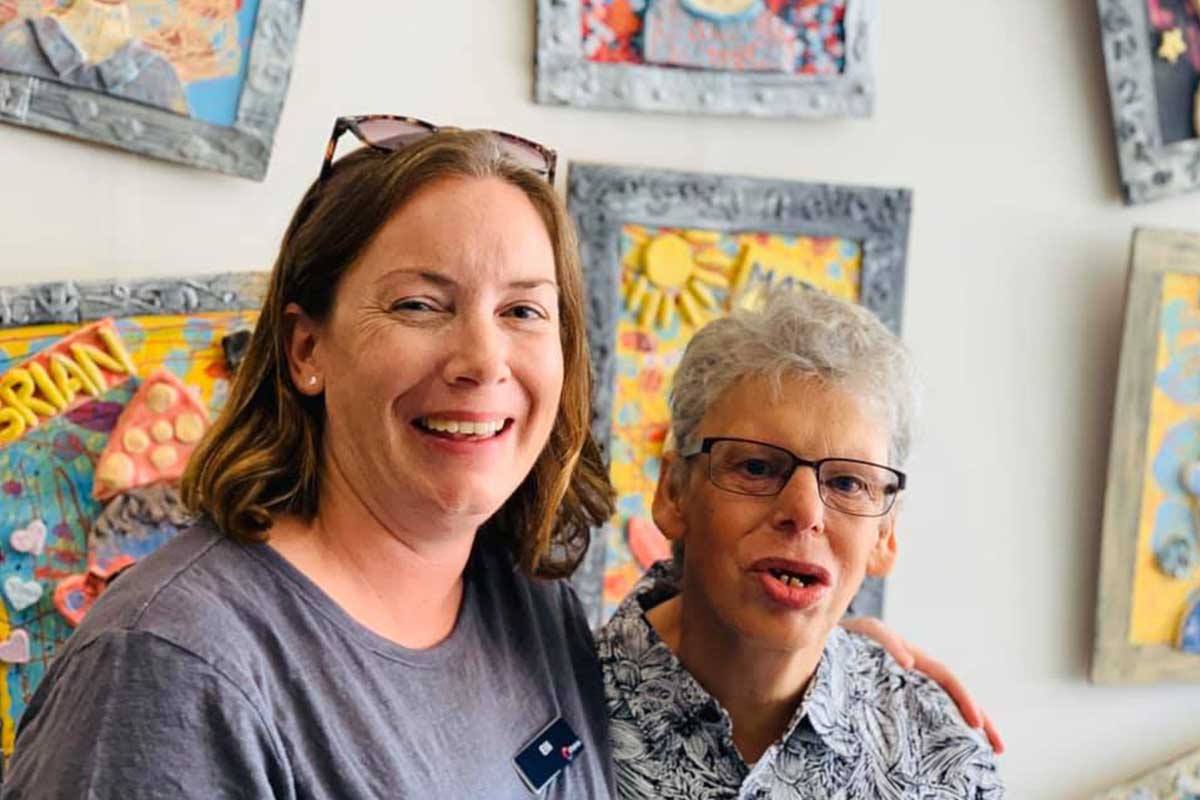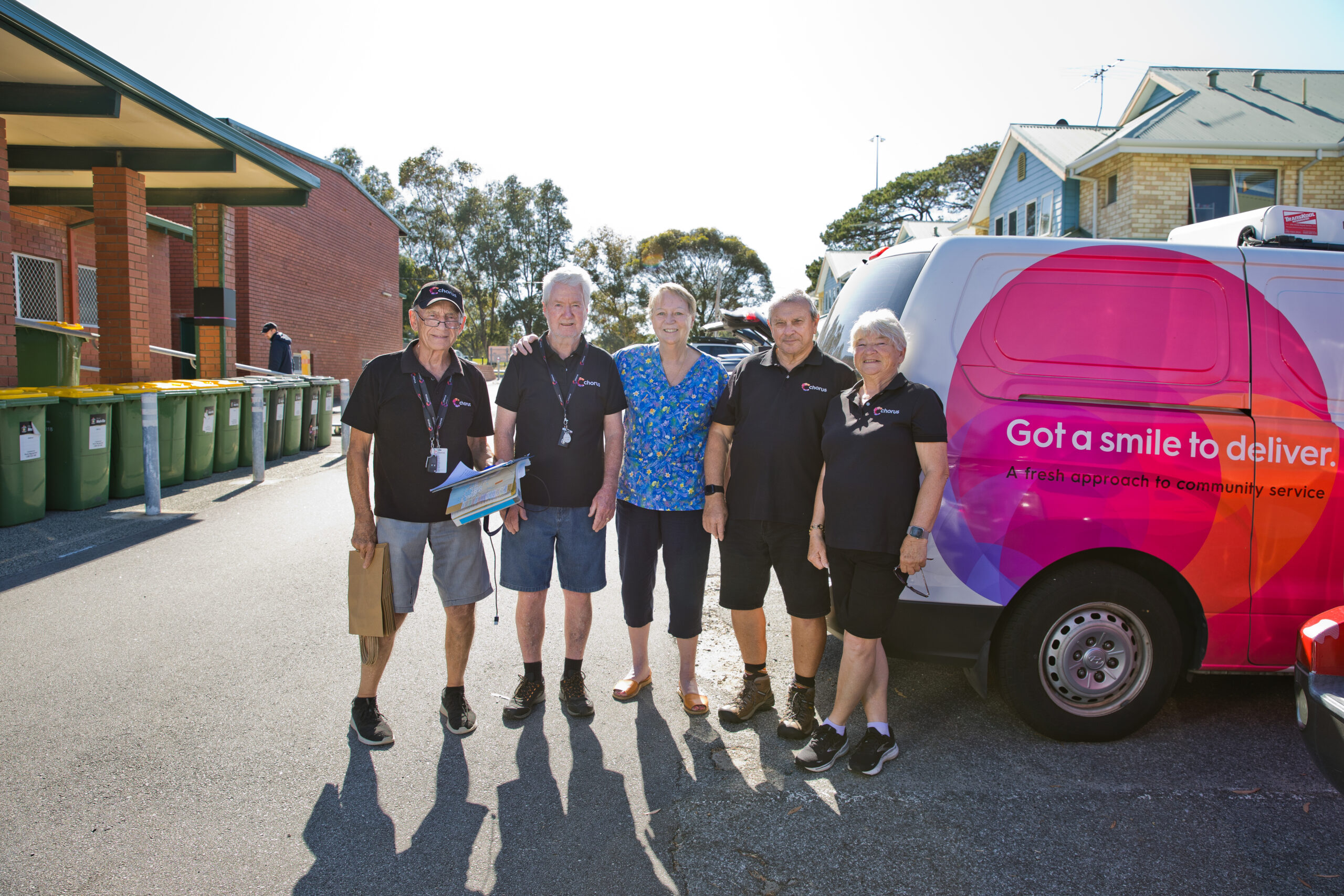Welcome to the first episode of the Chorus Voices Podcast! We’re jumping into the deep end and exploring the vital subject of work culture. Namely – what it means, how to build it, and what it can do for an organisation.
Podcast hosts Louise Forster (Head of Brand and People) and Dan Minchin (CEO) are responsible for building and preserving the culture of Chorus, a forward-thinking community service organisation with multiple offices in Western Australia. As such, our hosts have experienced firsthand what it is to build a great work culture, and how it can transform an organisation. Listen in as they share their knowledge and the incredible stories – personal and professional – that culture has created at Chorus and in their wider communities.
Listen Now
Or Listen On: Apple Podcasts | Soundcloud | LibSyn | Spotify | download mp3 | YouTube
What Does Culture Mean to You? – [0:25]
Dan and Louise ask themselves the big question: what does culture mean?
To Dan, culture means everything – in work, in life, and in family. More specifically in the work sphere, it can be boiled down to most people’s simplest definition: ‘The way things are done around here.’
From this simple definition comes a massive significance.
“You can have all of the elegant ideas and advanced technology… but if the people who are working together aren’t working in an aligned and coherent – and vibrant and authentic way, you’re always pushing up against it.”
– Dan Minchin
To Louise, culture has a unique but equally large importance. She studied Anthropology in London the late 90’s, and is fascinated by it.
Louise believes culture starts with the individual – the actions, values and messages that we send every day – and creates a ripple effect throughout an organisation. Interestingly, Chorus is an organisation with multiple locations. In a situation like that, you can’t just tell people how business is done. Rather it needs to be spread through values and behaviours. Louise and Dan swap stories of how this is done at Chorus.
Developing Culture Through Symbols and Artifacts: The Chorus Mosaic – [5:20]
Culture can be powerfully influenced by design, or specific artifacts or items that represent the values of an organisation.
In the case of Chorus, one artifact is a tiled mosaic that staff, volunteers and customers took part in creating. This mosaic has proven to be an immensely important symbol of culture at Chorus. The building of it, the leadership roles some played in organising the project, and the way it stands as a testament to the ‘mosaic’ of the organisation’s culture have all been powerful in shaping and maintaining a strong unity in the workplace. The mosaic physically represents the Chorus values – especially collaboration – which we’ll explore next.
“Every time I see [the mosaic], it’s like a shot in the arm.”
– Dan Minchin
Chorus Values and Where They Came From – [8:20]
Louise led the development of the original Chorus values, which was a unique process because Chorus was formed in the coming together of three separate organisations.
Louise set out to consolidate the respective values, looked at where the overlaps were, and created a list of four existing values that embodied the best of them all. The result was the Chorus R’PER values (pronounced ‘Rippa!’).
- Responsive
- Practical
- Empowering
- Respectful
These values resonate through the entire organisation, providing a guiding light for their diverse projects, staff, volunteers and community.
They are also practically useful. Louise recently had a conversation with a manager who was contemplating a performance issue for a team member. She didn’t know how to approach it, and Louise suggested going “back to the values.” It was a lightbulb moment for that manager. Values help simplify problems, and they’re easy to stand by, as they’re already agreed upon by the organisation as a whole.
What’s a Manifesto? And What The Chorus Manifesto Stands For – [12:20]
A manifesto is a guiding statement for what your mission is, but stronger. It explores what this mission means on the ground for your organisation. It puts some colour to exactly how you go about bringing the mission to life in the work you do.
Chorus developed a manifesto on the back of some advice from a branding company.
Pieces of the Chorus Manifesto
- Everyone is equal, regardless of position
- Bring a human touch into the homes and communities we work in
- Do things that work (reference to practical) … rather than what we’ve always done
- Don’t differentiate between staff, volunteers, customers, – we’re all humans, and all the relationships involved in and around an organisation are important.
Louise notes that the manifesto has guided business and marketing strategy for Chorus. A manifesto can really help bring consistency and clarity to the variety of inputs and outputs a modern organisation has.
Books About Culture – [17:20]
Dan and Louise have both been reading books about culture in the workplace. They explore the significance of the themes, how they apply generally and to Chorus in particular.
Dan’s Book: Reinventing Organisations by Frederic Laloux
Reinventing Organisations talks about the evolution of organisations – all the way back to feudal times into modern businesses.
Laloux talks about the ‘next phase’ in business, which he describes with the colour teal. It’s about authenticity, and the idea that the work we do can take on an almost spiritual aspect. When you bring all of yourself to work – all our quirks and flaws – and embrace other whole selves, the sense of purpose and unity could almost be seen as spiritual.
The idea is a bit out there, but very interesting and potentially powerful for business.
Louise’s Book: Drive by Daniel Pink
Drive talks about what creates drive within us, personally and professionally.
Author Daniel Pink lists three elements to drive:
- Autonomy: people need to have autonomy over the decisions they make and how they do things. Know what you need to do, but have flexibility on how you get there.
- Mastery: If we don’t have the chance to master something, we won’t enjoy it as much.
- Purpose: We all have a human need for purpose. In the community service sector, it becomes strikingly apparent that if someone doesn’t have something to get out of bed for, it becomes hard to move forward.
These three elements apply to Chorus as well. In fact, Chorus customers are looking for more autonomy in their lives. Chorus teaches art and technology to help communities master these foundations of society. And the purpose is vital for Chorus.
Tune in For More Stories and Voices Next Time!
Make sure to stay tuned for the upcoming episodes of the Chorus Voices Podcast! We haven’t even scratched the surface when it comes to the vital themes and ideas that matter in work, in life, and in the communities that contain them both.
If you enjoyed this episode, please pop into iTunes and leave us a review! Thanks for listening, and we’ll see you next time.
Mentioned in This Episode
- Reinventing Organisations by Frederic Laloux
- Drive by Daniel Pink
Podcast Credits:
Podcast Hosts: Dan Minchin and Louise Forster
Opening Voiceover: Ryan Burke
Opening Music: “Wattebird” by Dylan Hatton Music
Connect With Chorus
- Facebook: https://www.facebook.com/chorusaus/
- Instagram: https://www.instagram.com/chorusaus/
- Twitter: https://twitter.com/chorusaus
- Linkedin: https://www.linkedin.com/company/18224547/



